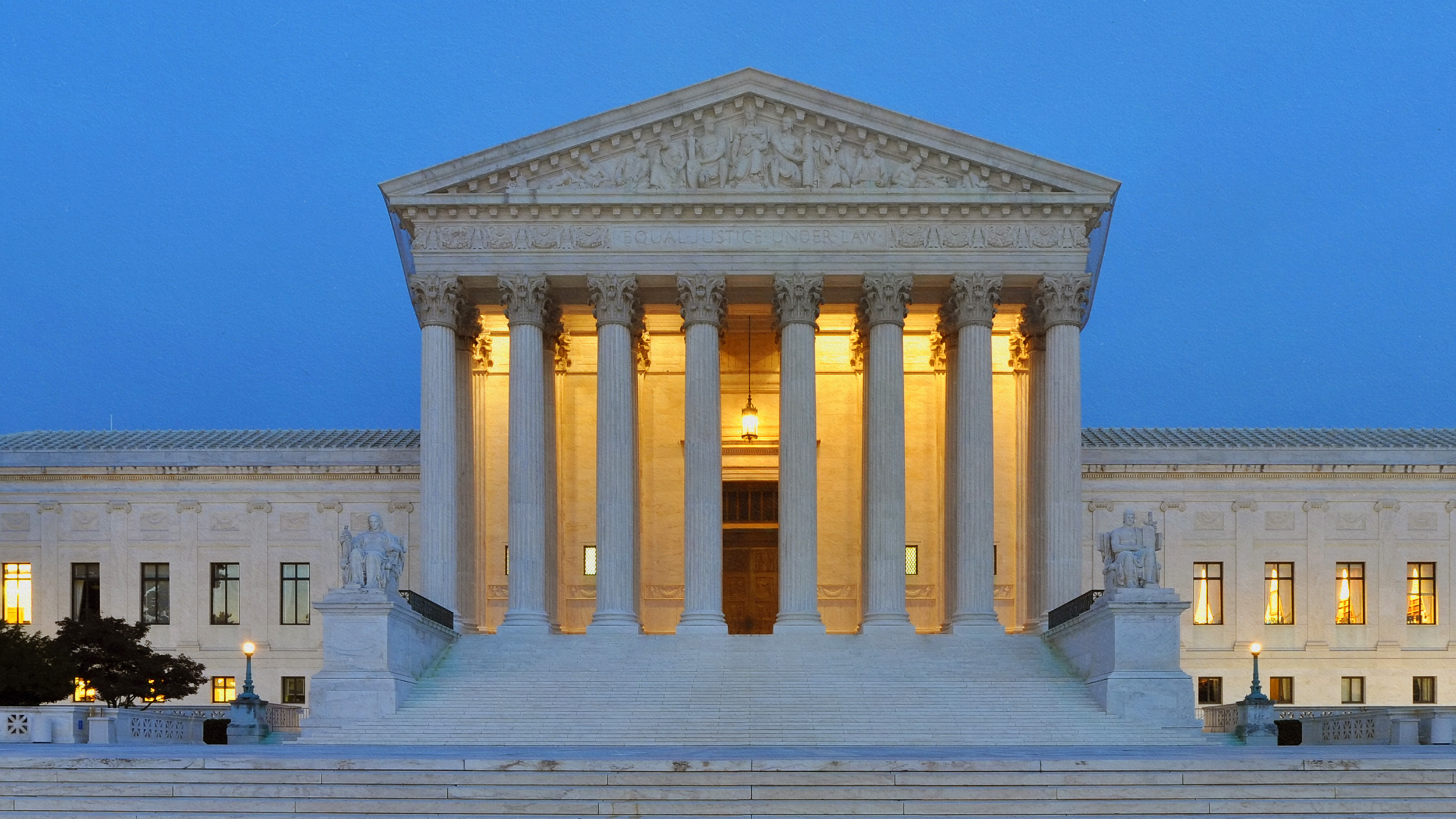How Could A Corporation Be My Constitutional Equal?

“Democracy means simply the bludgeoning of the people by the people for the people.” —Oscar Wilde
If I may borrow a word from this Oscar Wilde quote, I believe the Supreme Court has malevolently bludgeoned the distinction between living breathing human beings and the convenient legal fictions we have relied on up until now to allow corporations to assume a state known as “corporate personhood.”
The bad thing about Supreme Court decisions in the case of Citizens United versus Federal Election Commission is, most Americans have little more than a rudimentary understanding of basic legal concepts. When the Court issues an opinion like the one last week that will now allow corporations to donate to political campaigns because they have the same right to free speech as a regular human American citizen, most of us won’t know what really happened. So I turned to some of my favorite internet sites for an interpretation of the ruling.
SCOTUSblog didn’t waste anytime getting down to business.
Justice Stevens, writing for the dissenters, turned Chief Justice John Marshall’s celebrated comment in the Dartmouth College case—in a ruling that actually favored the corporate form—into a belittling comment: “A corporation is an artificial being, invisible, intangible, and existing only in contemplation of law. Being the mere creature of law, it possesses only those properties which the charter of its creation confers upon it.”
Lyle Denniston, SCOTUSblog
To be honest with you, even though I feel in my bones the ruling is a bad one—I mean, how could a corporation possibly be my constitutional equal? —I have no idea what the future application of this ruling may bring. With the amount of money already pouring into political action committee accounts and the coffers of Democrat, Republican, and grassroots organizations, we may not notice much of a difference in the quantity or subject matter of the mailers, TV ads or phone calls to which the public is already exposed.
Supreme Court Justice John Paul Stevens may have had his tongue in his cheek, or perhaps wanted merely to taunt the majority, when he wrote in Thursday’s opinion on the role of corporations in national politics: “Under the majority’s view, I suppose it may be a First Amendment problem that corporations are not permitted to vote, given that voting is, among other things, a form of speech.” It is a tantalizing notion.
Lyle Denniston, SCOTUSblog
What I do know is how wrong I feel this decision was. Americans have spent considerable energy debating the definition of life and when it begins, the definition of marriage and who can legally be married, and the definition of a legal versus an illegal citizen. It looks like the nation may need to redouble its efforts to right this terrible wrong that our highest court has foisted upon us.





